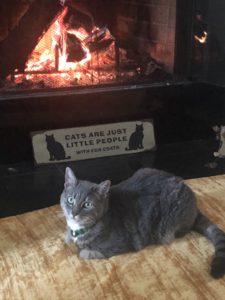
Imagine a person chasing a terrified puppy across an open field. The puppy is suddenly and brutally clothes-lined by a rope thrown around her neck from behind. Her legs fly out from under her and she falls on her back with a thud. Her attacker grabs her, lifts her up off the ground and body slams her. She would cry out, but she can’t breathe. In shock, the puppy’s legs are quickly tied together so she can’t run from her tormenter; and she is dragged by the neck with the rope.
Now imagine this scene occurs not in an open field, but in an arena filled with hundreds, perhaps thousands, of cheering fans; and the puppy is not a dog, but an animal sometimes referred to as a “doggie” – a baby calf. Continue reading “Rodeo: Legalized Cruelty by Ed Boks”








